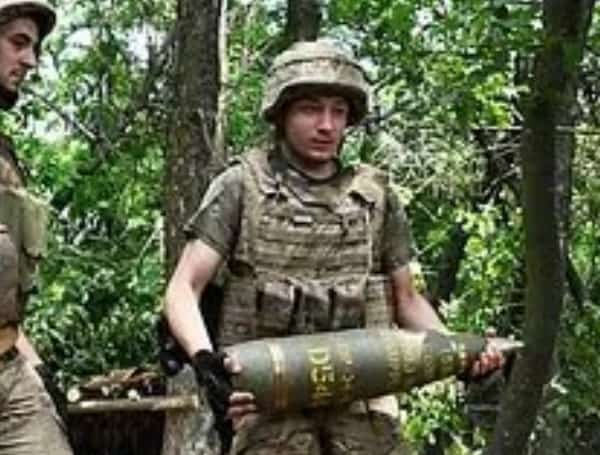European Union (EU) member states continue to express differing opinions regarding Ukraine’s use of European-provided weapons to target military installations within Russia. This debate comes as the conflict between Ukraine and Russia remains a focal point in international politics.
EU High Representative Josep Borrell emphasized on August 30 that the decision to lift restrictions on Ukraine’s use of such weapons lies with individual EU member states, noting that not all EU countries have provided Ukraine with long-range weaponry.
Czech President Petr Pavel stated on the same day that Ukraine should have the autonomy to decide how to use its Western-provided weapons in accordance with the United Nations (UN) Charter. Meanwhile, Estonian Defense Minister Hanno Pevkur called on Western allies to remove restrictions, allowing Ukraine to strike military targets in Russia using Western-supplied weapons.
Polish Deputy Defense Minister Pawel Zalewski voiced Poland’s support for lifting these restrictions, particularly for Polish-provided weapons. On the other hand, Italian Foreign Minister Antonio Tajani reaffirmed Italy’s stance against permitting Ukraine to use Italian-supplied weapons for strikes on Russian soil, citing that neither NATO nor Italy is at war with Russia. Italy has reportedly supplied Ukraine with Storm Shadow missiles.
Read: China Steps Up Military Activity Amid Taiwan Strait Tensions During Lai’s Kinmen Visit
The United Kingdom has also expressed a desire to allow Ukrainian forces to use UK-supplied Storm Shadows for strikes into Russia, but U.S. prohibitions are reportedly preventing the UK from acting unilaterally on this matter. Italy’s refusal to allow the use of Italian-provided Storm Shadows suggests that Ukrainian forces might have to adhere to different rules for the same missile type depending on its country of origin.
The diverse policies among Western allies create logistical challenges for Ukrainian forces, who must carefully navigate the origins and guidelines of the weapons provided to them.
As the conflict persists, EU member states continue to grapple with the implications of their military support for Ukraine, highlighting the complexities and geopolitical tensions involved in the ongoing war.
Please make a small donation to the Tampa Free Press to help sustain independent journalism. Your contribution enables us to continue delivering high-quality, local, and national news coverage.
Android Users: Download our free app to stay up-to-date on the latest news.
Connect with us: Follow the Tampa Free Press on Facebook and Twitter for breaking news and updates.
Sign up: Subscribe to our free newsletter for a curated selection of top stories delivered straight to your inbox.

